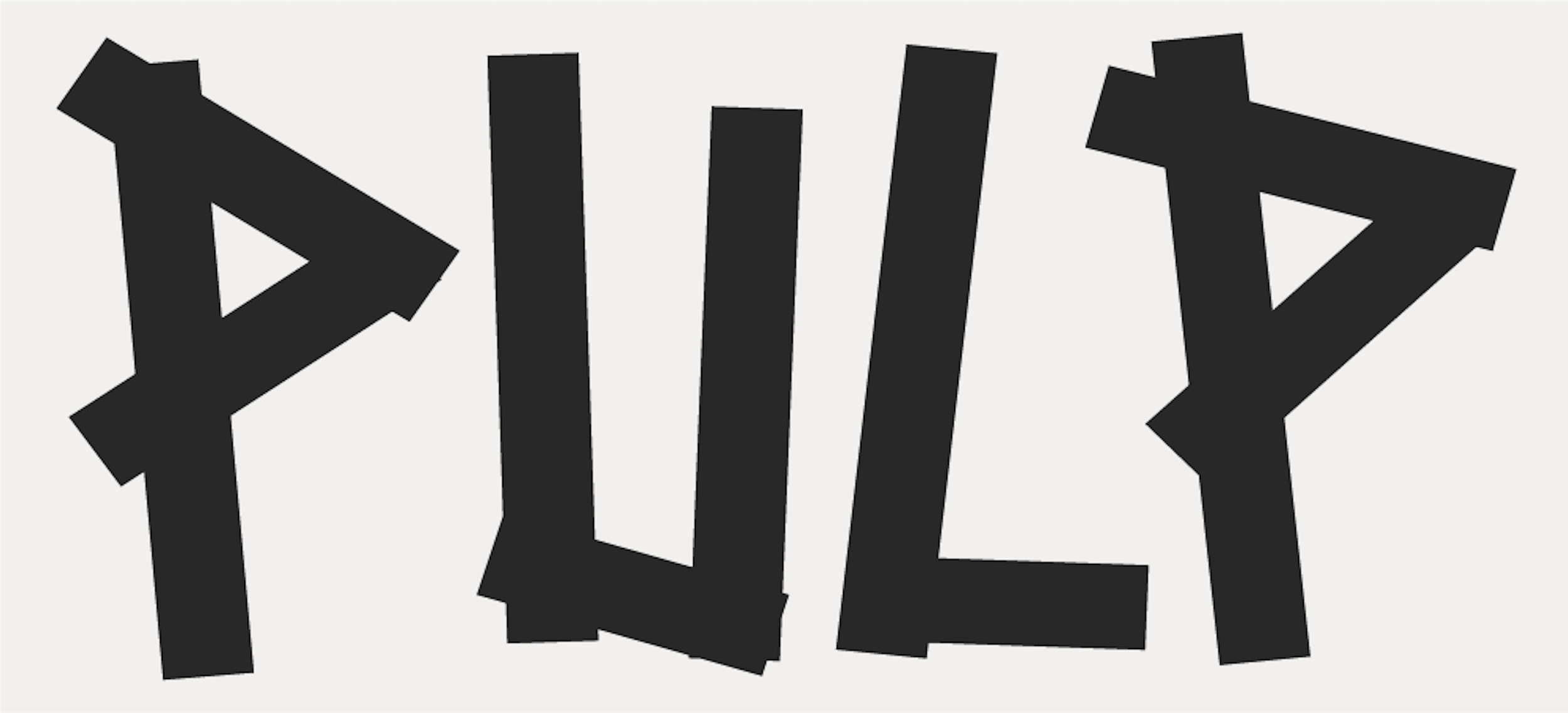The future of India - Indonesia relations
Words by Emma Goldrick
What does the reelection of turbulent leaders Jokowi and Modi mean?
2019 has seen the re-election of two prominent controversial leaders, Joko Widodo (‘Jokowi’) and Narendra Modi, who sit in the ever-rising regional powers of Indonesia and India, respectively. The two democratically elected leaders, with their similarly aligned goals, are set to strengthen relations and trade between the two nations. While India and Indonesia share a history of colonial rule, both nations have emerged into crucially important hubs of trade and commerce, which is strengthening both nations’ global power.
The momentous 2019 elections in both nations saw the battle of WhatsApp propaganda and religious fundamentalism win both Modi and Jokowi leadership. Both leaders campaigned on the idea that their humble beginnings are able to make them more relatable and trustworthy leaders. Prior to Modi’s political reign, he worked as a tea salesman while Jokowi a furniture salesman, origins that have allowed each leader to represent the ‘underdog’ that many in their nations relate to.
What Jokowi and Modi’s Strategic relationship looks like
Prior to Modi's prime ministership Indonesia saw little mention in India’s strategic plans, including the Look East Policy. India’s Look East Policy was established in an effort to cultivate economic relationships with Southeast Asian nations. Viewing Indonesia as a strategic relationship, Modi revamped the policy to include Indonesia, in a hope that this will solidify the nation a regional power.
Modi’s intentions are clear, the building of a relationship with Jokowi allows him to use Indonesia as a stepping stone to furthering alliances in Southeast Asia. For Jokowi, he views India as a gateway into the Indian subcontinent, which opens Indonesia up to countless trade opportunities.
Modi and Jokowi have established plans to deepen bilateral cooperation in trade, setting an incredibly ambitious $50 billion trade target by 2025. In 2017 trade between the two countries sat at $18.13 billion ($14.08 billion with Indonesia’s exports to India and imports from India at $4.05 billion). Experts say that Modi and Jokowi must concentrate on cutting the red tape between the two nations that currently imposes issues on trade if they are to come close to their $50 billion trade target. On top of improving trade between the two countries, the respective leaders must also look at improving one another’s investments within each country.
The partnership will see India expand their reign into other Southeast Asian countries, competing with the influence of China and the US. India bridging into Southeast Asia will expand their trade territories and solidify them as not only a regional power but a global superpower. Indonesia will also benefit through the opening of trade ports which should strengthen its economy and open the nation up to further strategic investments in other nations in the Indian subcontinent.
How religion will influence India and Indonesia’s relationship
The growing partnership of Modi and Jokowi is economically strategic for both nations, however, serves as a paradox when it comes to the role religion plays in each nation.
Whilst the personalistic and charismatic politics of both Modi and Jokowi cannot be downplayed in their victories, it is paramount to acknowledge they both played different religious-based political tools.
Modi and the BJP were able to secure their re-election by promising to look after the interest of Hindus, with explicit and implicit comments made at further marginalising and discriminating against Muslims within the nation. Modi employed the political principle of religious fundamentalism to mobilise his voters to vote for him and to rise up against a common enemy.
Whereas Jokowi used the opposite tactic to gain widespread voters, he campaigned for religious tolerance. Indonesia is the world’s largest Muslim majority country, which is the very religion that Modi continues to segregate and demonise within his own nation. Jokowi represented the vision of religious tolerance, preaching inclusive nationalism as the answer. Despite, Jokowi identifying as a Muslim, the main religion in Indonesia, he did not employ this affiliation overtly to gain his re-election.
Both countries as diverse democracies continue to be conflicted by whether the nations should be shaped around the religion and beliefs of the majority. In Indonesia with the election of Jokowi as opposed to Prabowo, the nation chooses to elect tolerance, whereas India choose the counter.
Whether religious division will play into the relationship between Indonesia and India is something that will evolve in time. If Jokowi continues to push his main agenda as development, trade and economic prosperity, the nations are on track to conglomerate into allies.
